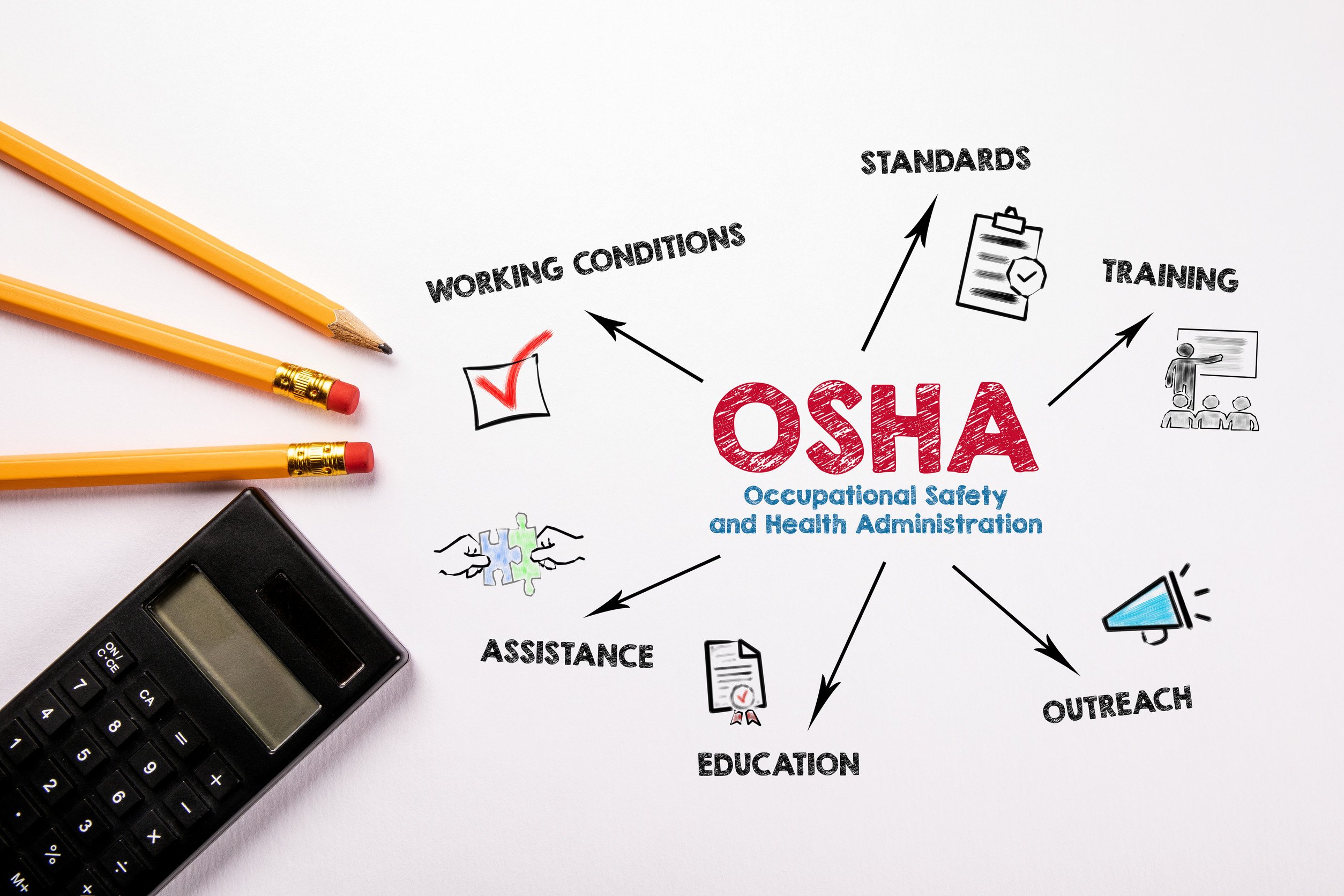2 min read
Thompson Street v. Sonova: Court Enforces Merger Notice Conditions Precedent
Thompson Street Capital Partners IV, L.P. acquired Sonova United States Hearing Instruments, LLC through a merger transaction governed by a merger agreement that included post-closing earn-out provisions. Under the agreement, Thompson Street Capital...
Read More









